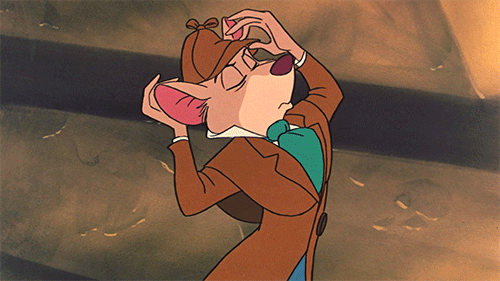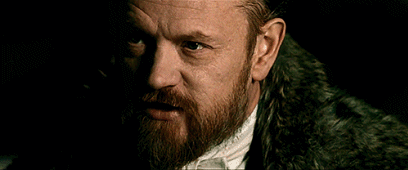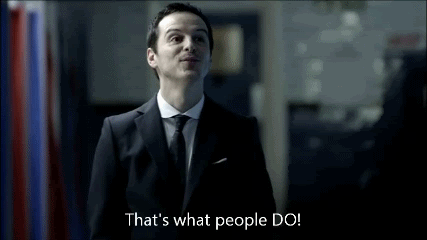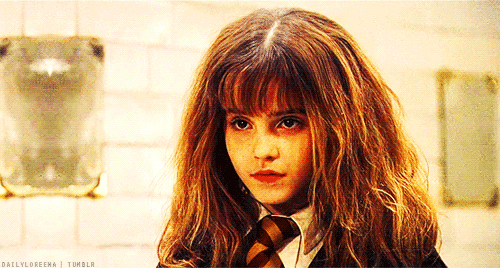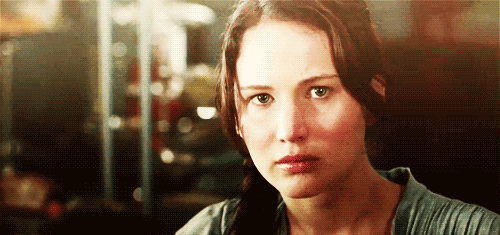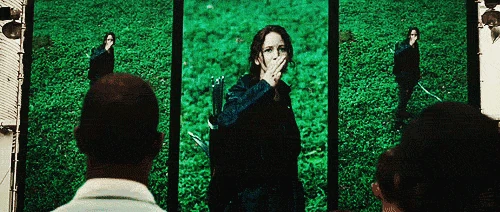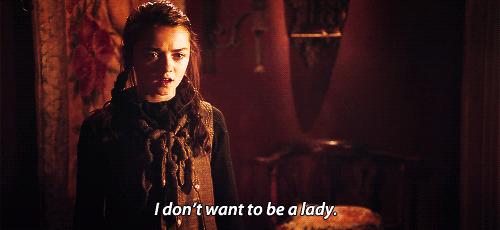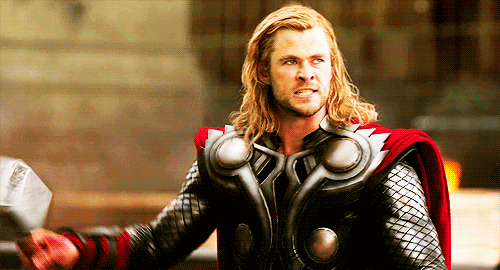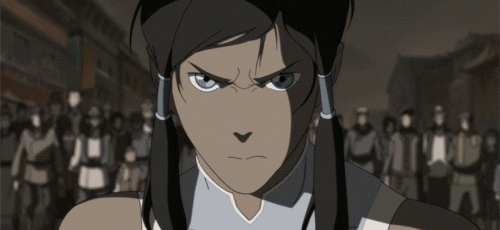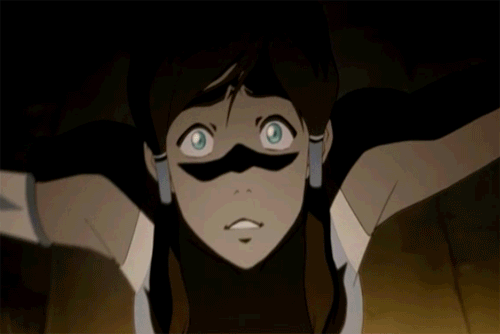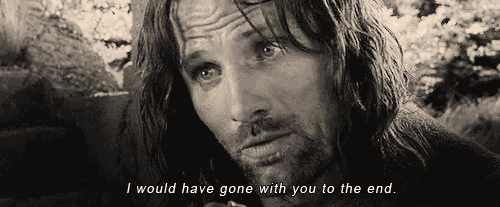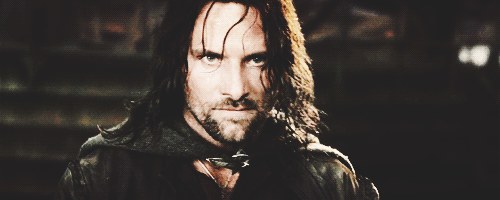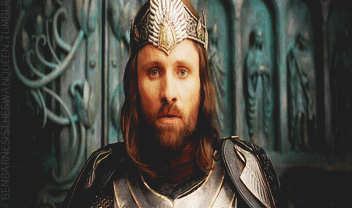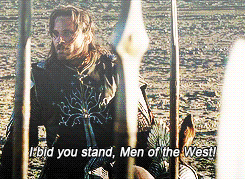Today let’s look at two examples of great intellectual
characters, one who meets their intellectual match in the form of a person, and
one whose intellect is tested by more extenuating circumstances.

First let’s look at L. Yes just L. L is the hero of an anime
called Deathnote. I know some of you may be thinking that Light is the hero,
but he is clearly the villain in this pair. This sherlockian
relationship is what happens when Moriarty is your main character. And he gets
a magical notebook that can kill anyone just with a name. And he likes potato
chips.
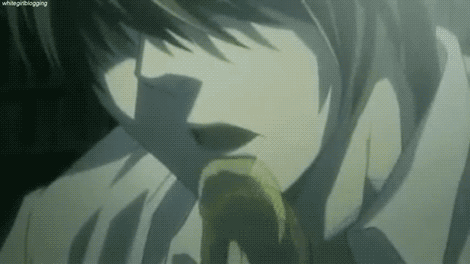
Yeah, this was my first anime.

L, however, is the detective assigned to his case and the
entire first season of Deathnote is devoted to their amazing back and forth. He
is intellectually similar to Light but distinguished from him in his commitment
to Justice. L at many turns, is too smart for Light and it takes a stunningly
complex, long, overarching plan for the villain to finally get the jump on him.
L is an awkward sort of genius utterly committed to justice, or what he
believes is justice, but it’s also clear he respects Light in a lot of ways.
 |
| Despite kicking him in the face |
Since the anime isn’t from L’s perspective, we
don’t get to see into this head, but we root for him until the end. L remains
one of my favorite anime characters. Episode 25 is exceedingly painful for me. Those who have watched the anime know why.

Another character near and dear to my heart is Hermione. Any
bookish girl who grew up reading Harry Potter looked up to Hermione in all of
her brilliant awesomeness. And while of course she is brave and tough and many
other things, her chief quality is her amazing brain. She knows just about
everything about magic and is at the top of all of her classes. And of course,
this intellect gets her friends out of trouble many times. They would actually
be dead without her.
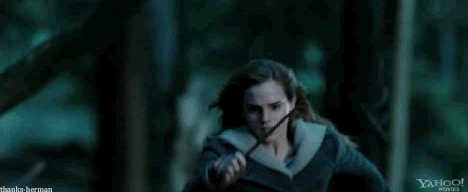
Hermione’s intellect is constantly tested by the situations
around. Sometimes her brain power isn’t enough, which she even admits in the
first book. And she’s certainly not the best at everything. Harry beats
Hermione in potions with the help of the Half Blood Prince’s book and she
struggles in divination. Her greatest fear is failing her classes. In many
ways, her intellectual match can also be her high expectations for herself.

But what makes Hermione such a strong character is her
bravery. She is a Gryffindor after all, and even in spite of these fears and
failures, she fights tirelessly to protect her friends, eventually evolving
from a know-it-all, to a woman wise beyond her years.
 |
| And she punches Draco in the face |
That's all for now! See you next week as we tackle our next hero archetype: the lovers. Until then, happy writing!



